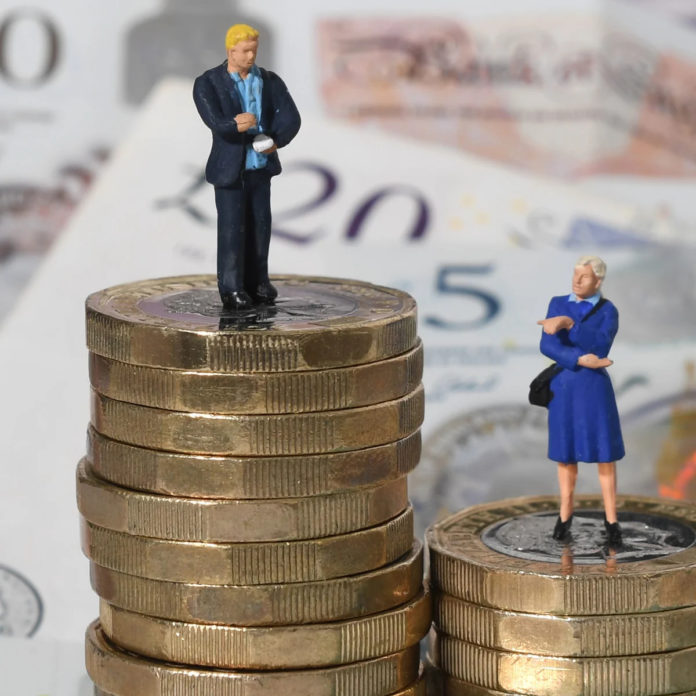Observed on September 18, International Equal Pay Day aims to raise awareness about the gender pay gap and the inequalities that women face in the workforce. Initiated by the Equal Pay International Coalition in 2019, this day emphasizes the need for cultural, social, and structural changes to eliminate wage discrimination. Although there has been progress, the pay disparity persists, especially affecting women of color and other minority groups. It’s a stark reminder that gender equality is not just a women’s issue but a societal one, with far-reaching economic consequences.
There are many root causes of the gender pay gap. Discrimination and bias, whether intentional or not, continue to influence hiring practices and salary determinations. Women are also disproportionately concentrated in lower-paying industries and part-time roles, often due to caregiving responsibilities. The lack of workplace flexibility, especially in high-level positions, further limits women’s career progression. Additionally, societal expectations place a heavier burden of unpaid care and household work on women, making it difficult for them to compete on equal footing with men in the labor market.
According to the World Economic Forum’s 2024 Gender Gap Index, the global gender gap has narrowed slightly to 68.5%, but achieving full equality remains a distant goal. At the current rate, it will take 131 years to close the gap completely. Iceland leads the rankings, having closed 93.5% of its gender gap. However, countries like Pakistan continue to struggle. Ranking 142 out of 146 in terms of overall gender parity, Pakistan fares poorly in education, health, and political empowerment. Out of 146 countries, it ranks relatively better at 71, for wage equality for similar work. The reasons behind the prevalent gender pay gap in Pakistan include a lack of access to education and skills training, particularly for women in agriculture and lower-income occupations. Despite improvements, much remains to be done to ensure that women can fully participate in the economy and receive fair wages.
International Equal Pay Day serves as a call to action for addressing gender wage inequality. To effectively close the wage gap, governments and businesses must work together on several fronts. One key step is adopting transparent pay policies that ensure clear compensation structures. In addition, promoting women’s education and vocational training can equip them with the skills needed to access better-paying jobs. Introducing flexible work arrangements is also crucial, allowing women to balance caregiving duties with career advancement. Furthermore, addressing unconscious bias through diversity and inclusion initiatives can help International Equal Pay Day serve as a call to action for addressing gender wage inequality. To effectively close the wage gap, governments and businesses must work together on several fronts. One key step is adopting transparent pay policies that ensure clear compensation structures. In addition, promoting women’s education and vocational training can equip them with the skills needed to access better-paying jobs. Introducing flexible work arrangements is also crucial, allowing women to balance caregiving duties with career advancement. Furthermore, addressing unconscious bias through diversity and inclusion initiatives can help remove hidden barriers in hiring and promotions. Lastly, enforcing equal pay legislation is essential to ensure that equal work receives equal pay, paving the way for a fairer and more equitable future for all.




